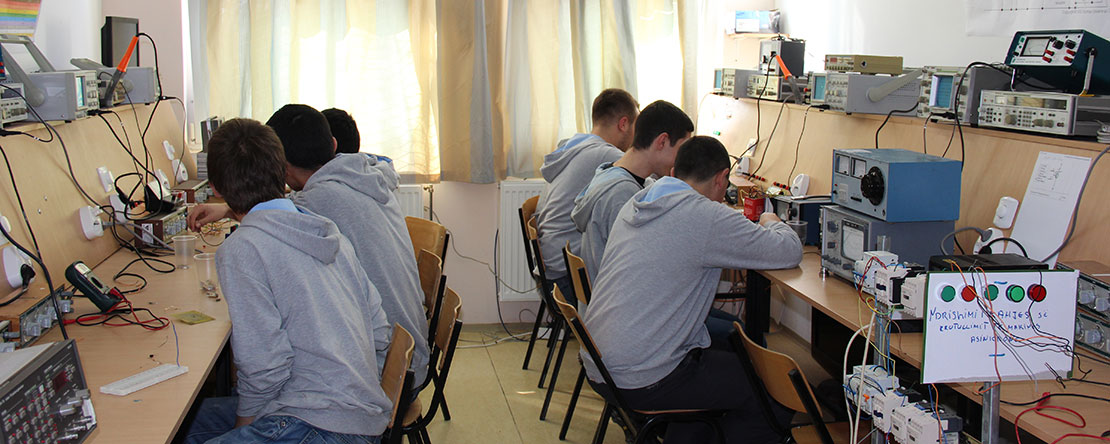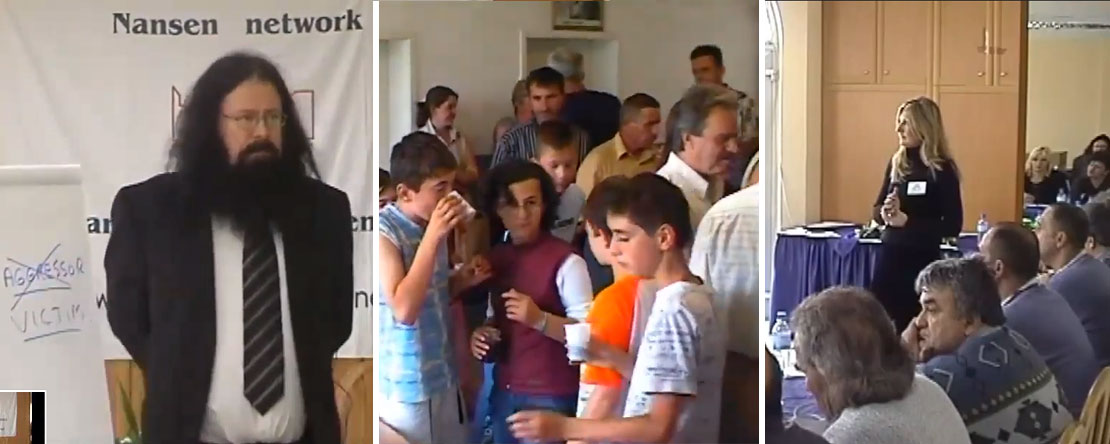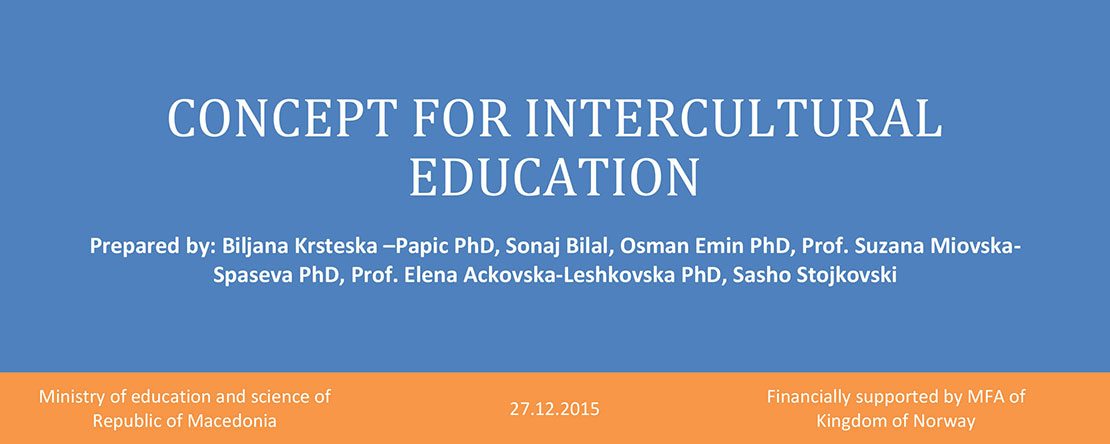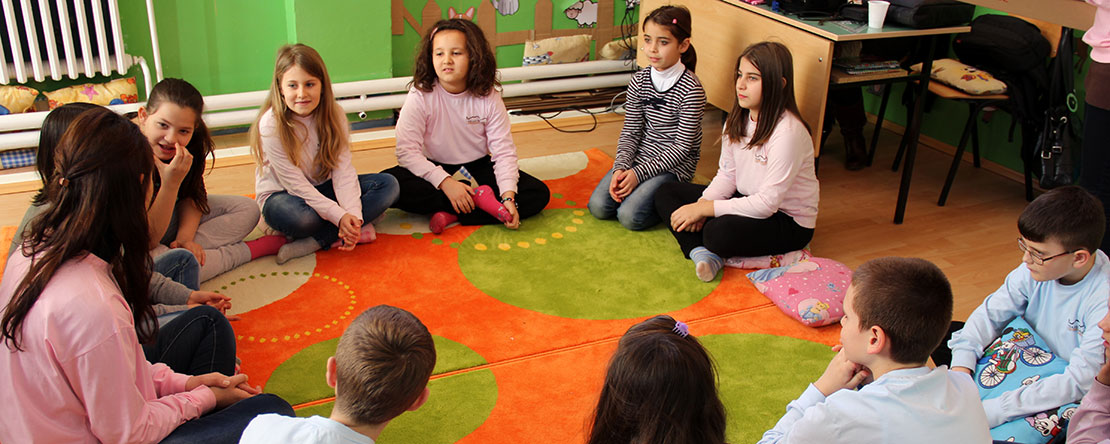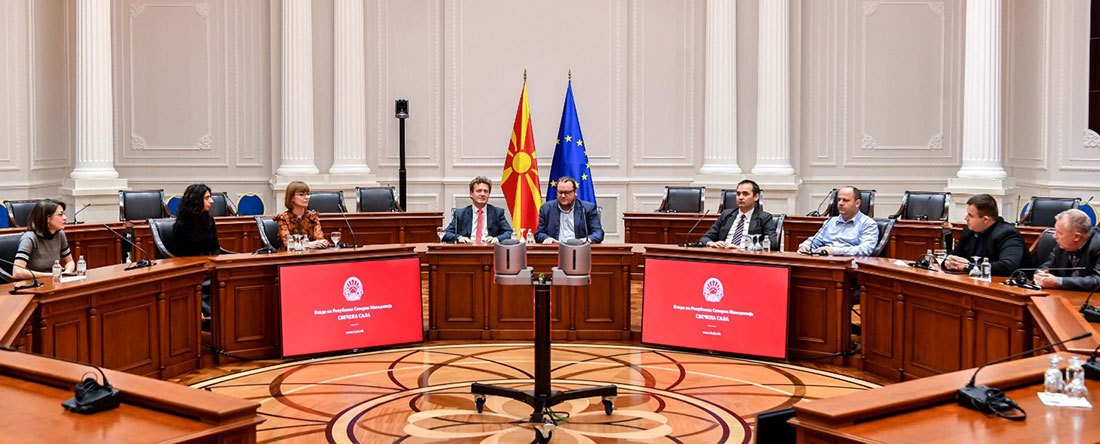Component 1 working group meeting
On March 6, 2015 NDC Skopje formally mark the beginning of the implementation of Component 1 from the project “Multiethnic concept in education”- a joint project implemented by the Ministry for Education and Science in partnership with NDC Skopje. The project is financially supported by the Norwegian Ministry of Foreign Affairs and is consisted of two components:
- Component 1 – Inclusion of the multiethnic vocational secondary schools in the Nansen model for integrated education and improvement of the conditions for realization of practical lessons
- Component 2 – Initiative for advancement of the teachers’ profession
On March 6, 2015, NDC Skopje hosted the first meeting with the principals and assistant principals of the selected schools in order to mark the beginning of the implementation of Component 1.
During the meeting, NDC Skopje Executive Director Mr. Sasho Stojkovski presented the project goals with a particular focus on Component 1 and also gave an overview regarding the necessity of implementing integrated education activities within the vocational secondary schools in Macedonia in order to prevent the segregation trend. The adviser to the Minister for education Mr. Safet Neziri reiterated the importance of the efforts to introduce the integrated education model not only within the extracurricular activities, but also during the regular teaching process as well.
NDC Skopje Manager of the Training Centre, Ms. Biljana Krsteska-Papic together with the Coordinator for education Ms. Sonaj Bilal presented the main characteristics of the Nansen model for integrated education and the goals and purpose of the NDC Skopje Training Centre.
To ensure the efficient implementation of this component, MoES and NDC Skopje established a mutual working group which had the task to scan all the multiethnic vocational secondary schools in Macedonia and to draft an action plan together in order to include all the schools in the Nansen model for integrated education during a three-year period. During the first year, five vocational secondary schools are selected which are challenged by many issues and who have the greatest need for integration. The improvement of the infrastructural and technical conditions in the selected schools will result with improved learning conditions for integrated classes and activities and will also help to increase the quality of the theoretical and practical education process for the students. In addition, 23 teachers will receive full scholarships for the basic and advanced level training for integrated education within the NDC Skopje Training Centre.
This project component will enable successful integration of students, parents and teachers from different ethnic communities through capacity building programs and integrated education activities. All program activities are carefully planned and structured in a way to address the issues that the current educational system is facing in Macedonia, also offer new approaches and programs that will enhance inter-ethnic integration and tolerance, and at the same time promote inclusion by building competences of all stakeholders in the process of multicultural education, inclusion and anti-bias approach to education.


